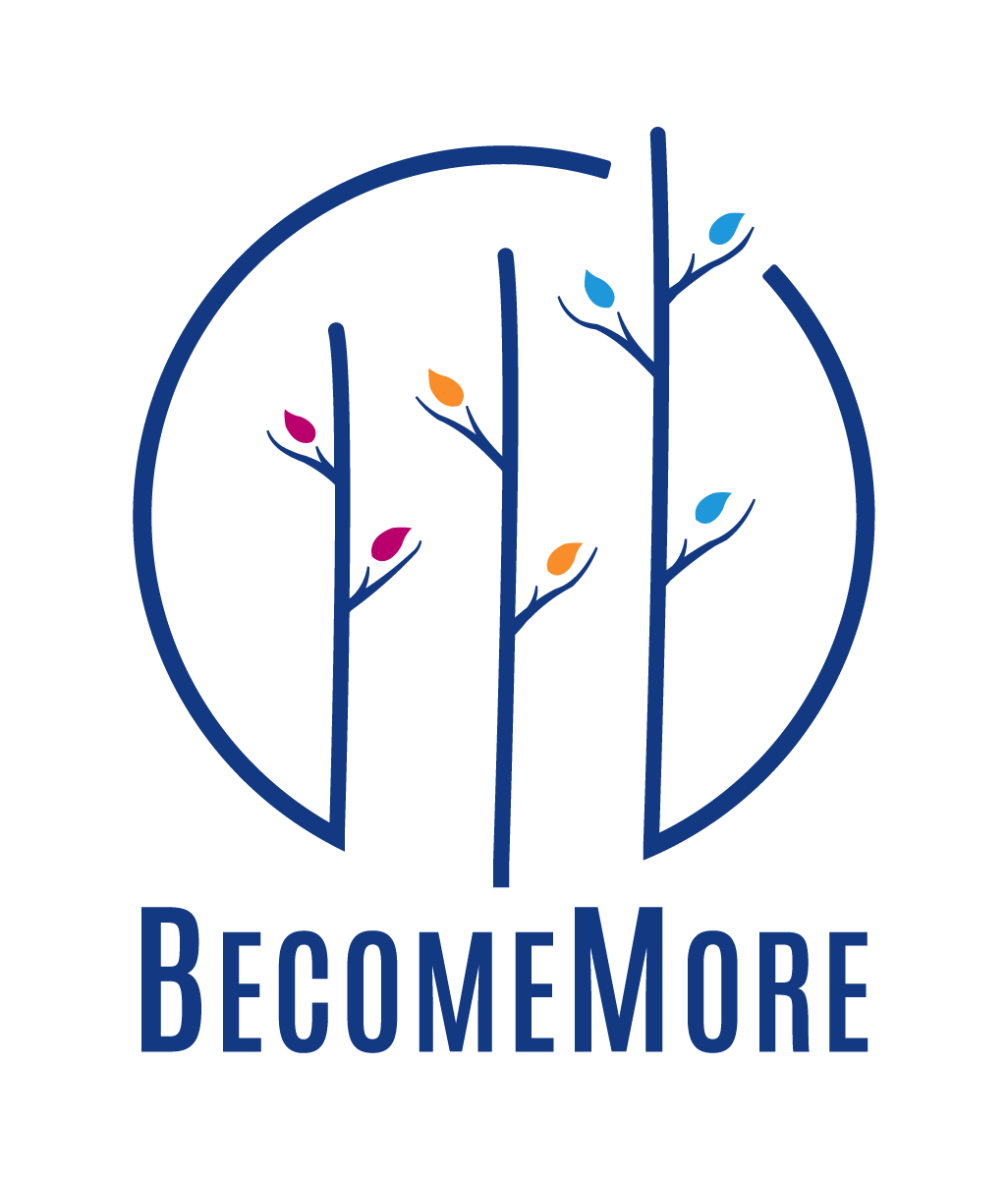
In a recent discussion about workplace attitudes and thinking patterns, an intriguing story emerged about a new employee we'll call "Sal." Fresh out of graduate school with an advanced degree, Sal approached their first professional role with a concerning mindset. When given important documentation to read—material essential for performing job duties—Sal later reported to their manager that the content was "boring" and they "just skimmed it." Sal further justified this by mentioning they'd already covered some of the material briefly in a graduate class.
This seemingly minor interaction reveals profound insights about thinking patterns that can sabotage career growth and professional development. The dismissal of required reading as "boring" demonstrates a troubling approach to learning and professional responsibility. It highlights a persona that many leaders encounter: the individual who believes their formal education has provided all the knowledge they'll ever need, making continued deep learning optional rather than essential. This mindset fails to recognize that organizations have specific cultures, systems, and approaches that must be learned, regardless of prior education or experience.
Reading—whether traditional books, e-books, audiobooks, or other formats—remains fundamental to professional development. The conversation emphasized that continued learning through reading isn't merely recommended but necessary for deep, reasonable thinking. Interestingly, even fiction reading benefits cognitive development. The rejection of reading as "boring" represents more than just a preference; it signifies a resistance to growth and adaptability. While different people consume information differently—some prefer physical books for note-taking and reference, others digital formats for convenience—the willingness to engage deeply with information remains non-negotiable in professional settings.
When examining Sal's response more critically, what initially appears as mere disinterest reveals itself as something deeper: a subtle form of defiance against organizational norms. By declaring required material "boring" and unworthy of thorough attention, an employee is essentially challenging the organization's judgment about what knowledge is necessary for success. This represents a concerning level of arrogance, especially from someone just beginning their professional journey. The conversation highlighted that sometimes employees must complete tasks they find unengaging—a reality that even CEOs face regularly. The inability to recognize and accept this fundamental workplace requirement suggests a problematic thinking pattern that will likely create ongoing issues.
Early interactions like Sal's provide valuable insights for leaders about an employee's thinking patterns and potential fit within an organization. While everyone deserves opportunities to adapt and grow, these initial signals shouldn't be ignored. When an employee demonstrates resistance to basic organizational requirements without moral or ethical implications—particularly when that resistance centers on learning necessary information—it represents a significant red flag. Leaders must decide whether such behaviors represent isolated incidents that can be addressed or fundamental incompatibilities with the organization's culture and expectations. The conversation underscored that addressing these thinking patterns early is essential—not just for the organization's benefit, but for the individual's professional development as well.
Listen to the Podcast: https://www.buzzsprout.com/1544737/episodes/17078054

